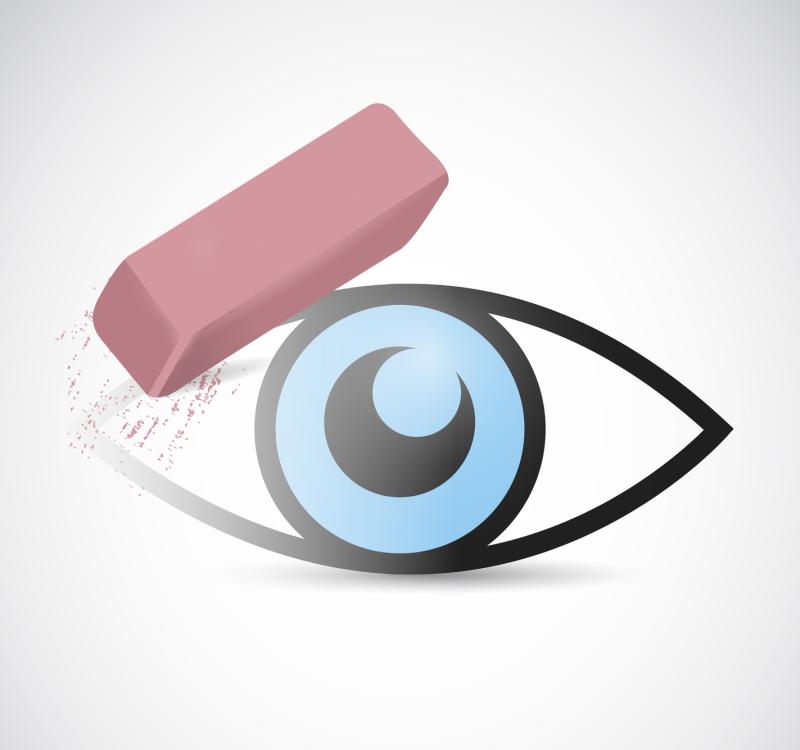
In children admitted for orbital complications of acute rhinosinusitis (ARS), the most important causes of medical treatment failure are older age and stage II/III orbital complications at presentation, a recent study has shown.
“Early referral to eye, nose and throat (ENT) should be considered for children [aged] >5 years with ARS due to worse orbital complications despite prehospital antibiotics,” the authors said.
Two-thirds of the children had received antibiotics prior to hospital admission, but half of the cohort still presented with postseptal orbital complications. Eighty-three percent of isolates obtained from the same patients were susceptible to the prehospital antibiotics they received, but majority of these children still needed to undergo surgery.
A significant association existed between disease severity and the age of presentation. Despite prehospital antibiotics, more severe orbital complications occurred in children aged >5 years. This cohort was also more likely to require surgical intervention (p<0.001).
This retrospective cohort study characterized the clinical outcomes of 61 children admitted for orbital complications between 1 January 2002 and 31 December 2017 and identified risk factors associated with disease severity. The authors performed descriptive statistics to analyse the demographics and clinical findings. They also used Mann-Whitney U test for continuous variables and χ2 for categorical variables to compare groups.
“The major clinical dilemma managing ARS in paediatric population is distinguishing uncomplicated rhinosinusitis from a complicated bacterial ARS and orbital complications, the latter requiring antimicrobials and surgical intervention,” the authors noted.